Luxury Mindfulness Retreats
Insiders tips
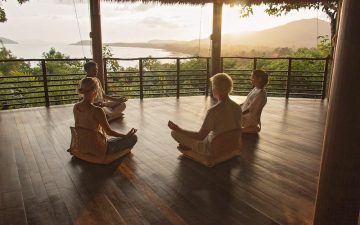
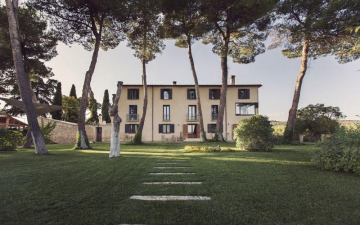
Discover all our Mindfulness holidays

Find peace and clarity through yoga, meditation and breathwork in a calming setting.
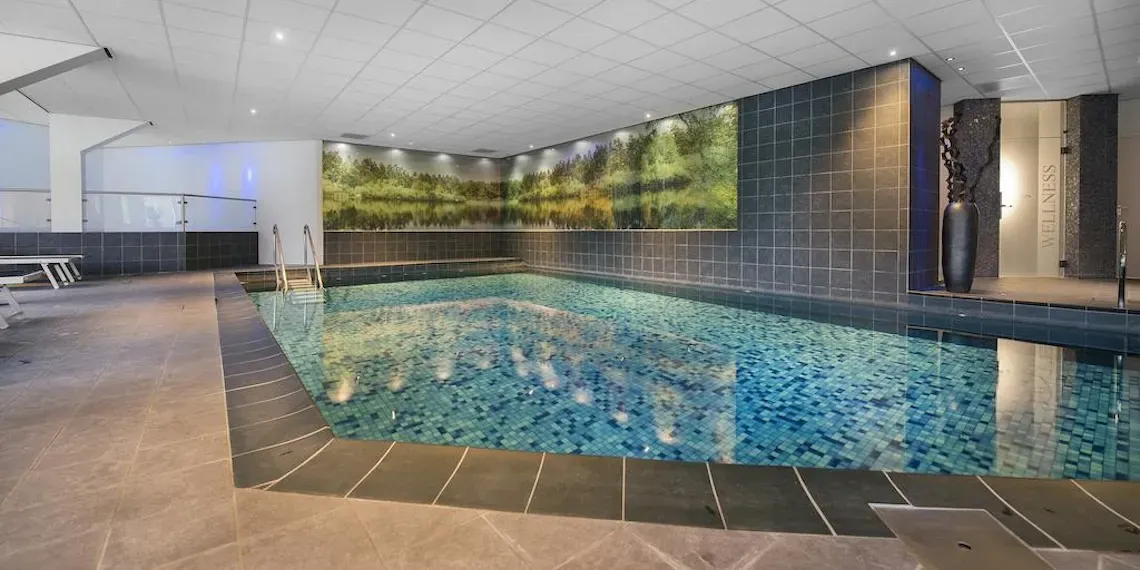
Slow down, breathe, and move in the heart of nature. This forest yoga weekend helps you release stress and reconnect with yourself through gentle movement, silence and the healing presence of trees
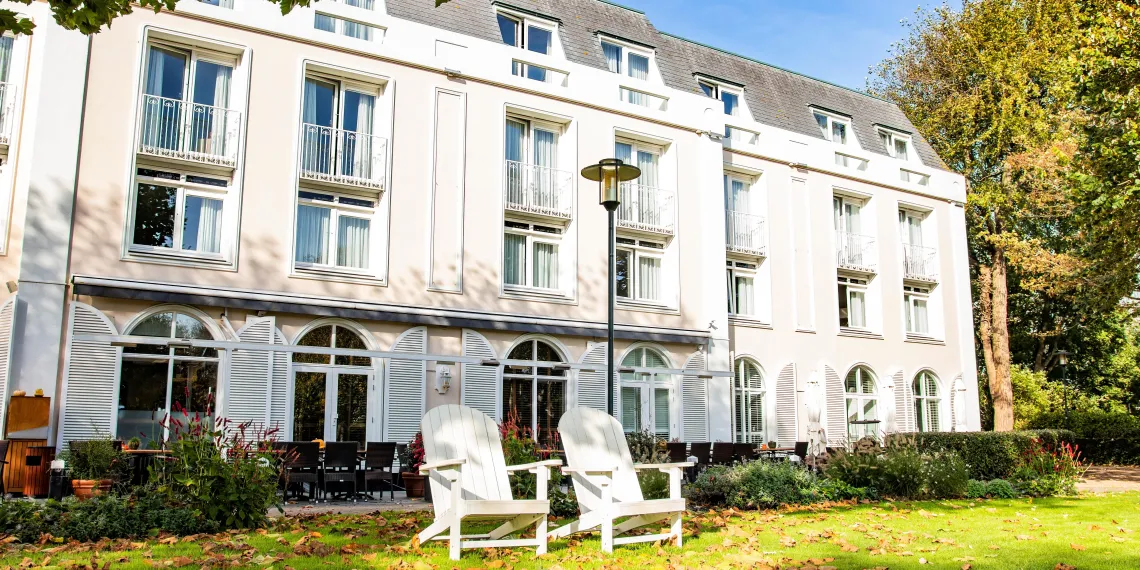
Breathe deeper, move freely, and unwind by the sea. Our yoga weekends offer space for rest, connection and renewal, guided by nature, mindful movement and calming stillness
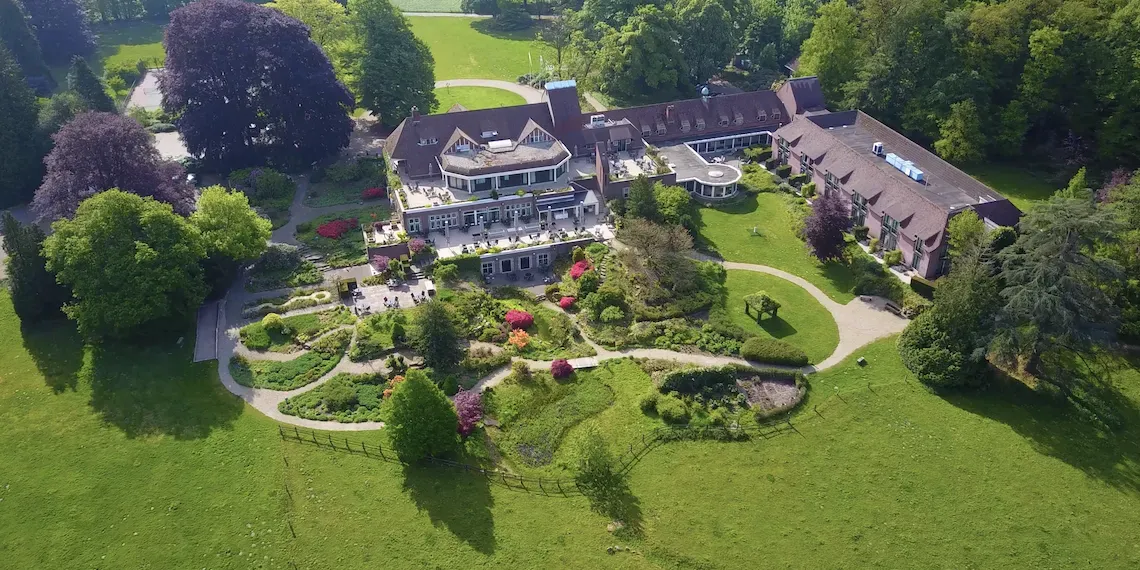
Breathe deeper, move freely, and unwind among open fields. Our countryside yoga weekends offer space for rest, connection and renewal, guided by nature, movement and stillness
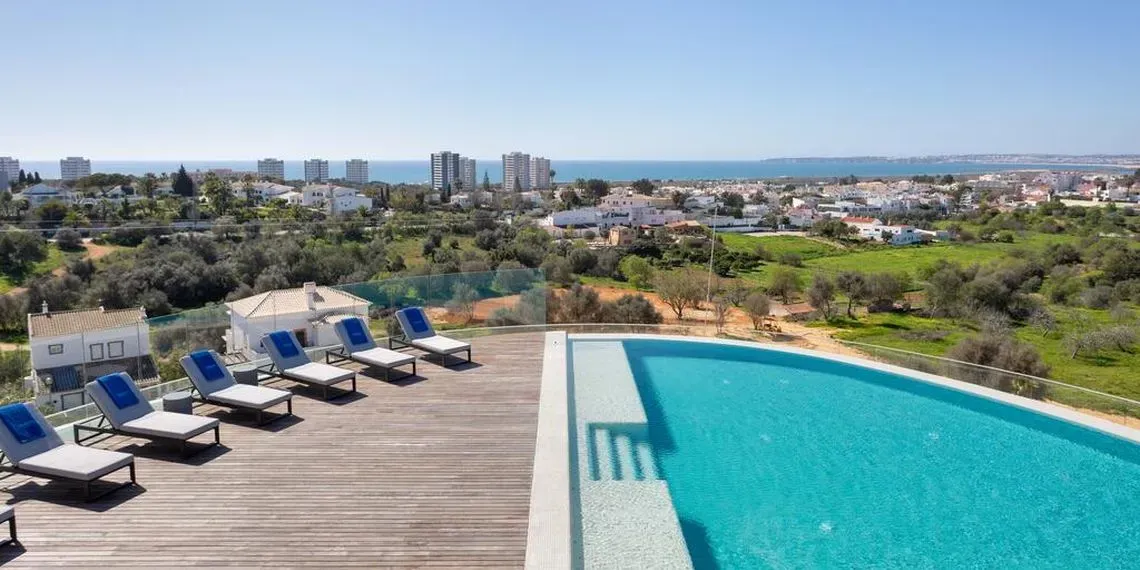
Experience deep relaxation, stress relief and renewed vitality through massages, mindfulness and holistic wellness
Boost your health with programmes for sleep, heart, metabolism, diabetes and vitality. Holistic therapies restore balance in body and mind
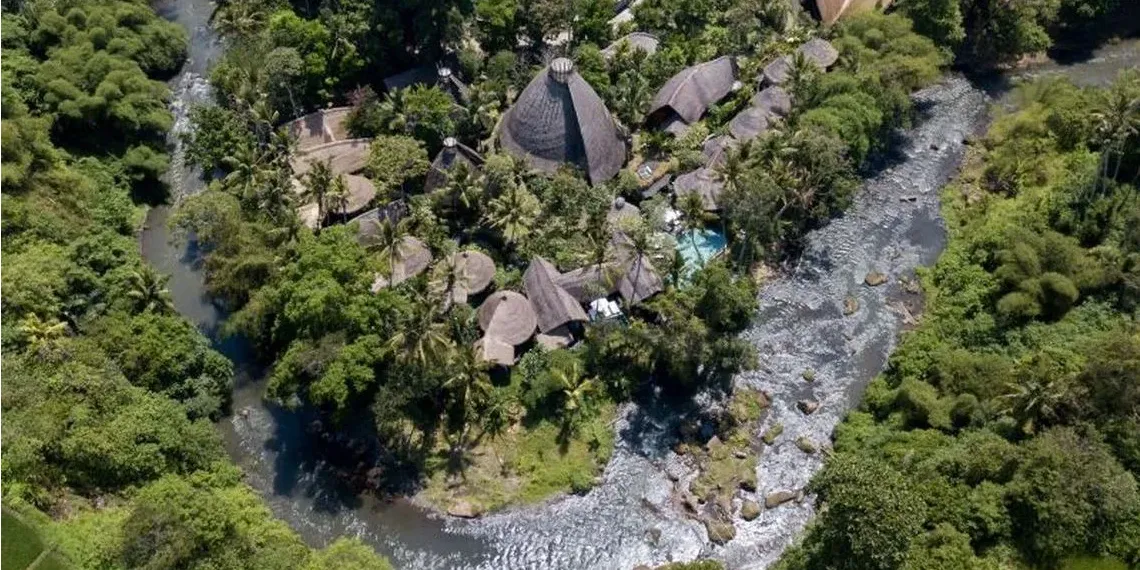
Tap into Bali’s sacred energy with gentle wellness rituals to awaken the senses and support emotional and physical renewal
Restore body, mind and spirit through Balinese healing, energy work and body rituals. A deeply grounding and harmonizing retreat
Cleanse body and mind with Balinese wisdom: plant-based nutrition, therapies and mindfulness for deep detox and inner balance

With yoga, meditation, therapies, and mindful eating, this stay helps you reset, regain clarity, and find strength to move forward in life with purpose
Deepen your yoga practice and explore meditation, massages, energy therapies, and macrobiotic food. For greater balance, vitality, and inner calm

Release tension and restore inner calm with yoga, meditation and traditional Bhutanese healing in a peaceful mountain setting.
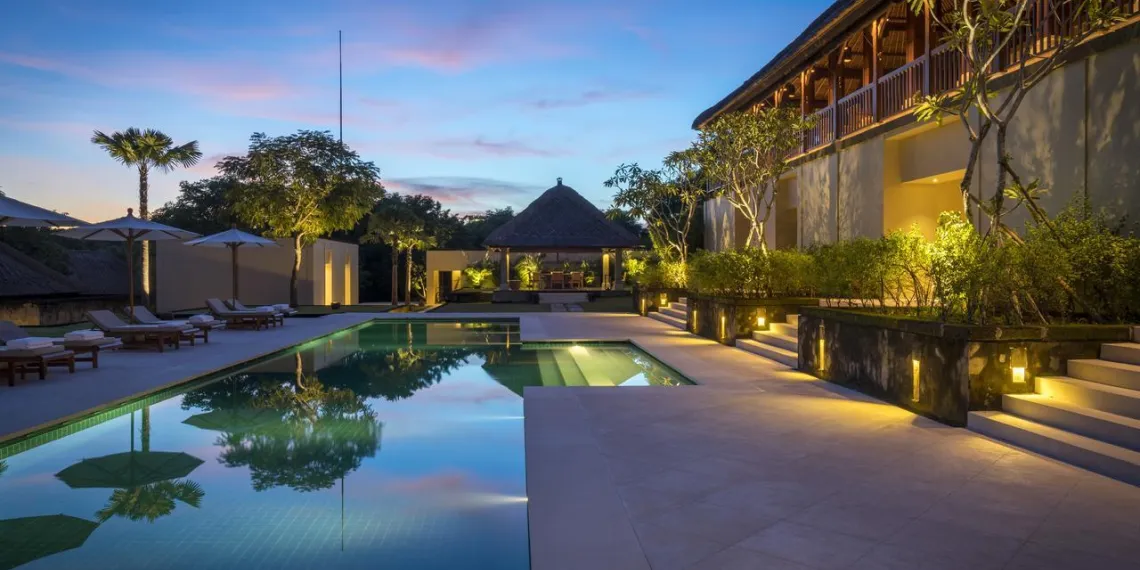
Retreats for emotional balance, restful sleep, and stress relief. Mindfulness, yoga, and holistic therapies restore clarity, calm, and resilience

For those seeking rest, recovery or renewal: three retreats for inner balance, wellness and lifestyle transformation

At Shanti-Som, you’ll find mental wellness retreats starting from 3 nights, where you can unwind with coaching sessions, relaxing treatments, and balanced meals

Explore programmes designed for every stage of a woman’s life. From pregnancy to menopause, these retreats support balance, vitality, and well-being through personalised care and guidance.
Panchakarma is Ayurveda’s classic purification therapy. Through five deep-cleansing treatments, the body releases toxins, promoting physical lightness, mental clarity, and a renewed sense of balance from within

Experience the healing power of Ayurveda with a personalised treatment plan tailored to your unique doshas. Daily therapies, customised nutrition and yoga restore deep balance, cleanse the body and rejuvenate body and mind
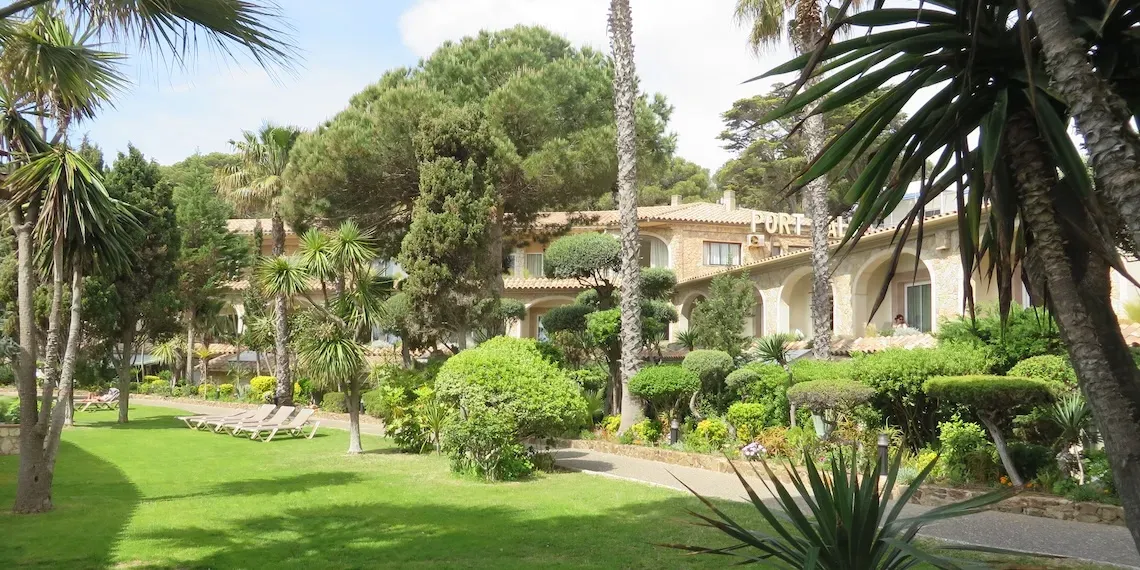
Experience the healing power of Ayurveda with a personalised treatment plan tailored to your unique doshas. Daily therapies, customised nutrition and yoga restore deep balance, cleanse the body and rejuvenate body and mind
Panchakarma is Ayurveda’s classic purification therapy. Through five deep-cleansing treatments, the body releases toxins, promoting physical lightness, mental clarity, and a renewed sense of balance from within

Support your body and mind with three holistic paths to boost immunity, revitalize skin and joints, and deepen your yoga journey. For a glowing, resilient, and balanced life
Achieve inner peace with three programmes focused on sleep, stress relief, and meditation. Ideal for burnout, insomnia, anxiety, or emotional imbalance. A path to clarity, focus, and full-body calm.

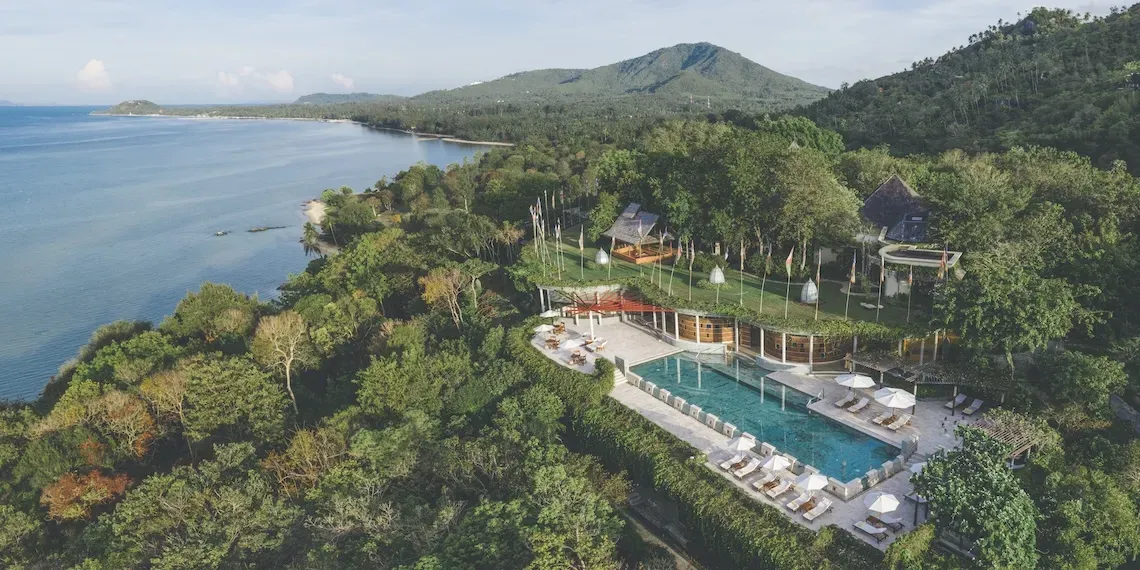
In a world full of stimuli and responsibilities, mental resilience is essential. Whether you want to manage stress, improve your focus, or are in need of deep relaxation, here you'll find programmes designed to help you unwind
A healthy lifestyle starts with listening to your body. Whether you long for deep, restorative sleep, more balance in your health, or a natural boost for your immunity. Here you'll find all the programmes that support your journey

Restore emotional balance and mental clarity with therapy, mindfulness and healing practices.

Created to restore emotional balance and mental clarity. These retreats focus on stress reduction, nervous system regulation and reconnecting with calm, focus and emotional resilience.
Designed for improving strength, endurance and overall fitness. These programmes combine structured training, expert guidance and recovery to support performance and long-term physical vitality.
Yoga-focused retreat centred on mindful movement, breathwork and awareness. Suitable for deepening body–mind connection, improving flexibility and cultivating presence and inner stability.
Focused on long-term health, mobility and comfort. These retreats support vitality and pain relief through natural therapies, functional recovery and lifestyle practices for lasting wellbeing.
What is a Mindfulness retreat
Mindfulness retreats offer a unique chance to slow down, reconnect with yourself, and focus on your mental and emotional well-being. These retreats are designed to help you reduce stress, improve mental clarity, and find a sense of inner calm through guided meditation, breathing exercises, and mindful movement. By focusing on the present moment, you’ll gain tools to release distractions and create lasting balance in your life. Often located in serene, natural settings, mindfulness retreats provide the ideal environment for self-reflection and sharing in a community of likeminded people. Many also include holistic activities such as yoga, nature walks, or journaling to deepen your experience. By the end of your retreat, you’ll feel refreshed, centered, and equipped with practical strategies to bring mindfulness into your everyday routine.We have listed the various types of mental balance retreats for inner peace
1. Anti-stress or Stress management retreats
These programs are designed to help you reduce stress levels and learn effective techniques to manage stress in your daily life. They often include relaxation exercises, treatments, massages, and stress-reduction strategies. Numerous Health and Wellbeing resorts offer specialized programs centered around stress reduction.2. Emotional Healing Retreats
These retreats provide a safe and supportive environment for addressing and working through emotional issues, traumas, and experiences that can lead to significant life changes, such as divorce, illness, or the loss of a loved one. These programs often include therapy, coaching sessions, and various healing practices. Emotional healing doesn't mean erasing past experiences but learning to cope with them, fostering resilience, and ultimately finding a sense of inner peace and balance. As such, an emotional healing program offers you a new perspective and newfound energy.3. Burnout Recovery Programmes
These programmes are specially crafted for guests who are grappling with burnout, often stemming from overwhelming work-related stress. They concentrate on recovery, establishing boundaries, self-care, and imparting techniques to avert future instances of burnout. The goal is to enable you to disconnect from daily stressors, focus on your well-being, create and develop strategies to prevent future burnout.4. Reconnecting with Nature
Spending time in nature offers therapeutic benefits for your mental well-being. Health and well-being resorts that focus on nature-based experiences encourage you to immerse yourself in the outdoors and connect with the natural world such as mountains, national parks, lakes, beaches or the countryside. These settings are ideal for activities like hiking, walking, forest bathing, and cycling. Being in nature has a calming and rejuvenating effect on the mind, helping to reduce stress.5. Mindfulness and Meditation
To reset your stress management patterns, begin by identifying the triggers of stress. You can cultivate healthier coping mechanisms, such as deep breathing, exercise, and mindfulness. Meditation, a mindfulness practice, helps you quiet your mind and gain self-insight. This can assist you in effectively managing your stress, confronting challenges, and exploring alternative perspectives. PureandCure offers a range of meditation and mindfulness weekend retreats and short programs designed to teach you how to be present in the moment, reduce anxiety and find balance.6. Unplugging from screens on a Digital Detox
Digital detox programs encourage you to take a break from excessive screen time and technology use. Cutting back on screen time can supercharge your sleep quality and boost your overall well-being. Plus, it paves the way for more vibrant real life connections and relaxation.What is the main difference between anti-stress, emotional healing and burnout recovery?
It is a frequently asked question we receive from our guests. Each program is designed to address various aspects of mental and emotional well-being. The primary distinctions lie in the methods of support and guidance offered during each program.While anti-stress programs primarily emphasize relaxation treatments to relax and unwind, emotional healing and burnout recovery programs incorporate coaching sessions and therapies that are specifically tailored to provide the emotional support that you need.
Emotional healing is a vital process of addressing and mending emotional wounds and traumas. It involves acknowledging and processing difficult feelings like grief, anger or fear. Healing often requires self-compassion, therapy, and mental support. By confronting and understanding the root causes of emotional pain, you can gradually release and begin to rebuild your emotional well-being.
A burnout recovery program is a tailored intense program aimed at helping you to overcome physical and emotional exhaustion caused by prolonged stress. These programs offer a supportive environment for self-reflection and personal growth, emphasizing work-life balance and fostering a sense of community among guests.
Elements of a mental balance holiday
All those programs share some common elements, such as mindfulness practices or relaxation techniques, but the objective, needs and target audience vary. Choosing the right program depends on your specific needs and circumstances, whether it's managing everyday stress, addressing emotional issues, or recovering from burnout.- Healthy eating. During times of stress, it's common to turn to coffee, alcohol, fatty snacks, sugar, and nicotine for solace, albeit understandably. However, these substances only serve to heighten adrenaline levels in the body, exacerbating the turmoil. Conversely, healthy food is a potent ally against stress. Hence, an anti-stress holiday educates participants about adopting a proper, nourishing diet.
- Relaxation treatments and holistic activities. These are integral to a stress management holiday. Practices such as yoga, tai chi, Pilates, qi gong, mindfulness, meditation, acupuncture, and Ayurveda play vital roles in restoring the delicate balance between body and mind, fostering a more tranquil lifestyle. Furthermore, these activities provide a gentle physical component to your wellness journey, grounding individuals who may find themselves excessively caught up in their thoughts.
- Therapy and counseling. Individual and group therapy sessions with licensed therapists or counselors to address specific mental health concerns, emotional issues, and personal growth.
- Nature and Outdoor Activities. Opportunities for nature-based activities such as hiking, nature walks, or eco-therapy to connect with the natural environment and reduce stress.
- Creative and Artistic Expression. Art therapy, creative workshops, or music therapy sessions to encourage self-expression and emotional release.
- Workshops and Educational Seminars. Workshops and seminars on topics like stress management, emotional intelligence, resilience building, self-awareness, personal growth, and reflection. Some place offer personalized assessments to identify your areas of concern and create a tailored plan.
- Healthy Lifestyle Choices. Guidance on making healthier lifestyle choices, including sleep hygiene, exercise, and time management.
Consider approaching your employer for support or accounting these expenses as business costs.
Research demonstrates that engaging in a mental balance program can reduce absenteeism and potentially increase an employee's productivity. This is why employers are sometimes willing to contribute. For entrepreneurs or self-employed individuals, coaching costs can be classified as business expenses and, thus, tax-deductible.
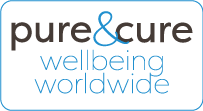
 EN
EN NL
NL BE
BE







